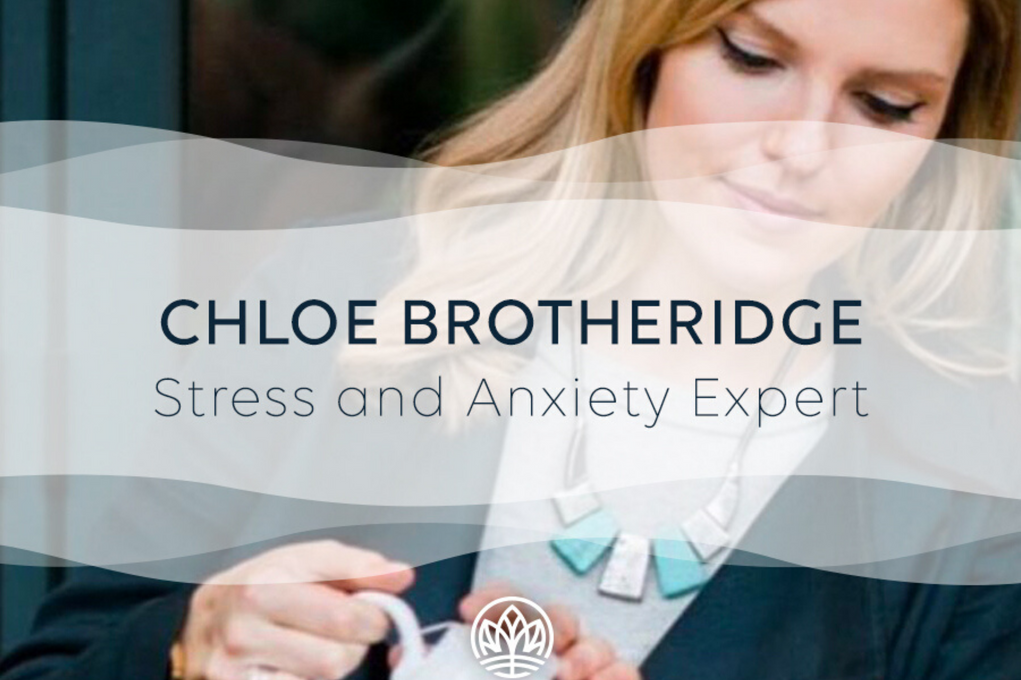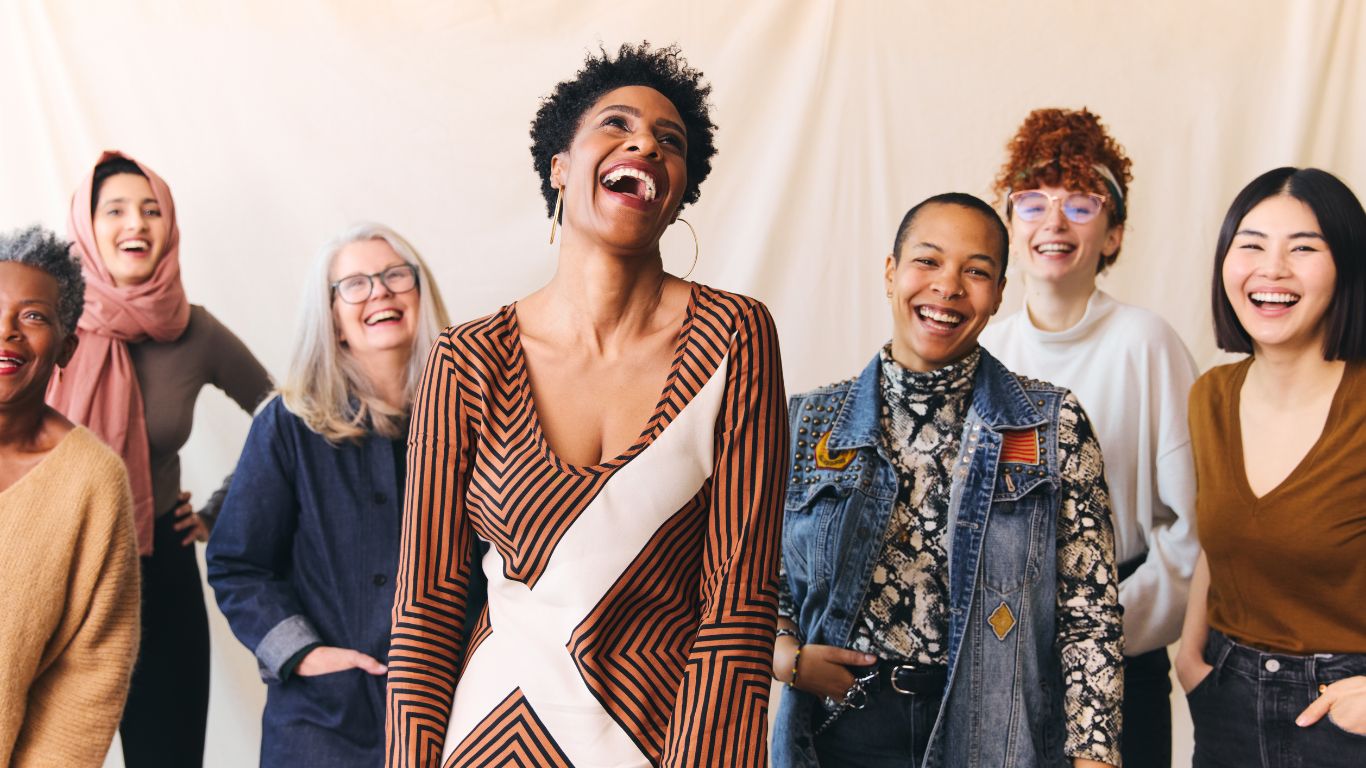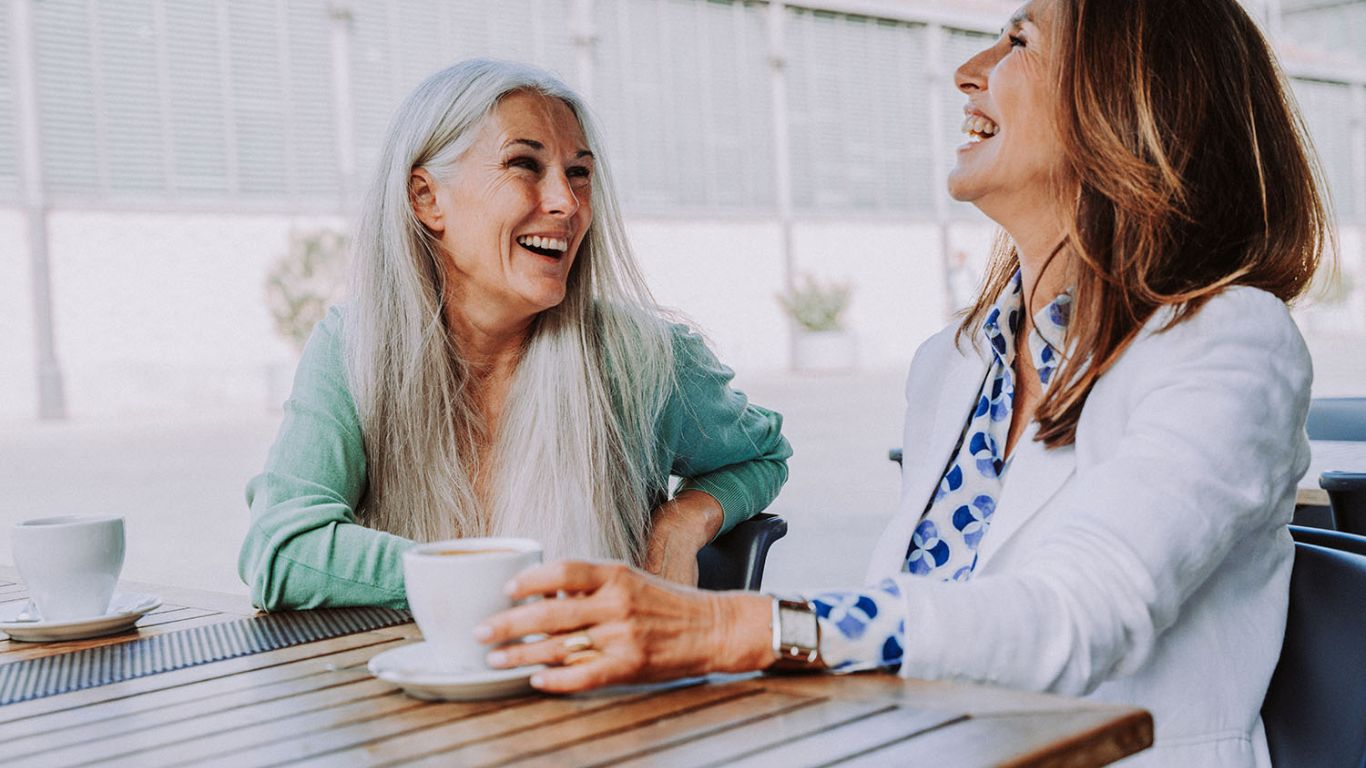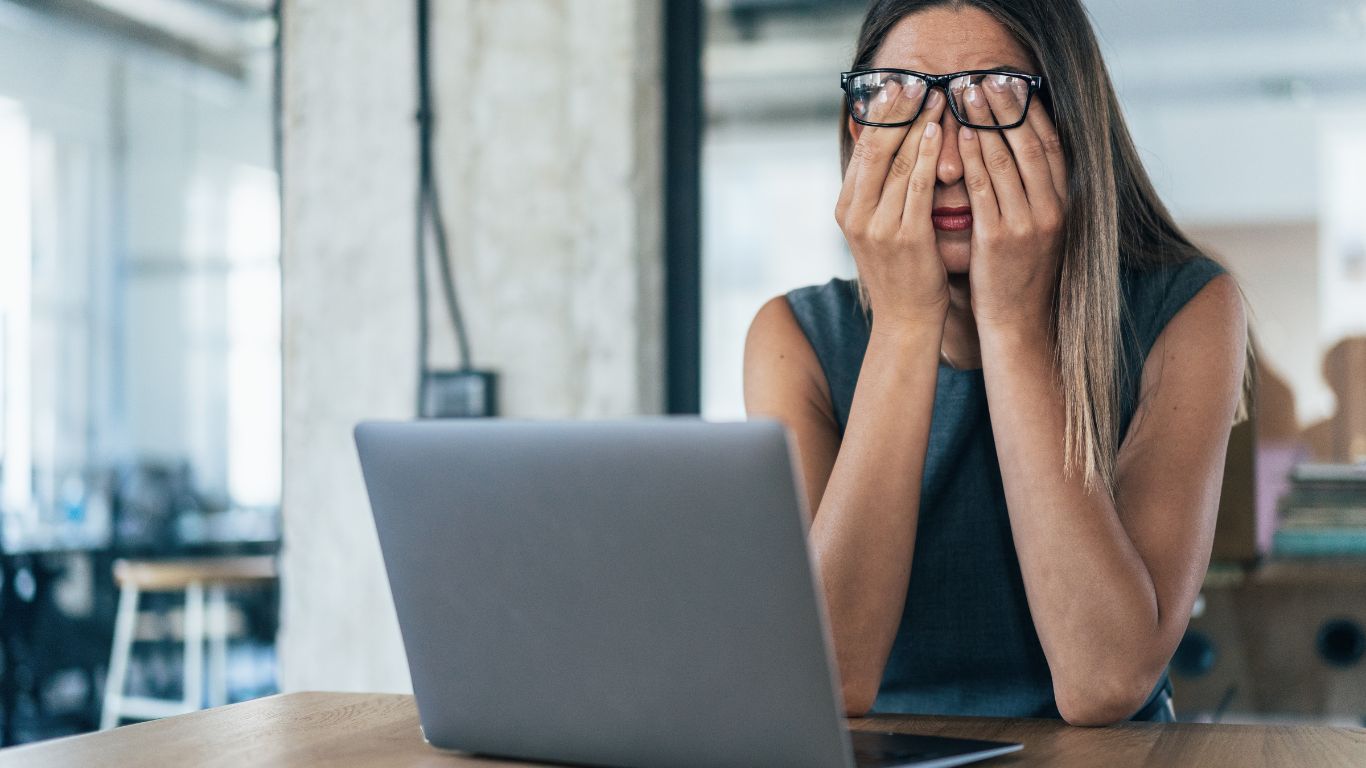Stress and Anxiety Q&A with Expert Chloe Brotheridge
15th April 2020 / Health
Stress and Anxiety Q&A with Expert Chloe Brotheridge
Emily Shannon

As it’s Stress Awareness month, we wanted to get check-in with the experts! So who better to get involved in our campaign than Chloe Brotheridge. Chloe knows just about everything there is to know about everything stress and anxiety-related, so we sat down with her to discuss this hot topic! In a world where bringing work home with us is so easy, Chloe shares some top tips to help reduce both stress and anxiety, change our mindset and manage some daily triggers, so let’s get started
1. Firstly, in light of the Covid-19, where there is so much unknown around how the next few months will pan out, what is your advice for people experiencing anxiety/stress at home in isolation?
I'm hearing from so many people at the moment about how the challenges of this crisis is making their anxiety worse. When life seems out of balance and out of control, we have to come back to our routine. Having a routine when you're home all day might be totally new to you if you're used to going into work. The best way to start is just to keep things simple; having a regular sleep and wake up time, eating 3 meals, having some exercise every day and finding time for self care. If you're feeling isolated, I think it's really important to be brave reach out to people. Don't just wait for people to contact you, they'll likely be delighted you made the effort.
2. And what about essential workers who are rushed off their feet, with limited time to unwind and reflect, do you have any recommendations for them?
I would say during this time, be gentle with yourself. It's impossible to do everything and do it perfectly, you can only do your best. There ways that you can snatch time for yourself, listening to a podcast while you cook dinner or a guided meditation on the way to work or trying to get out for a quick walk each day. Little things will make a difference.
3. We all know how important work/life balance is, but in a world where we are all connected through technology most of the time, do you have any top tips to help people switch off?
I think it's essential that we have some boundaries around technology. That might be around emails, letting others know that you're only available to reply between 9am-6pm for example, or with social media, deleted apps at the weekends or using something like 'Screen Time' on an iPhone to limit the amount of time you spend on certain apps. Many people find it valuable to use an alarm clock to wake up with instead of their phone, so that they can keep their phone in another room and they're less likely to check their phone first thing in the morning and last thing at night.
4. What are your top tips for staying calm and managing anxiety in the workplace?
Many of us are working from home right now, but wherever you're working, creating a calm environment can make a big difference in how you feel. Having some calming items on your desk can help; some of my favourites are having plants or flowers around me, photos of loved ones and cards with inspirational quotes written on them. I also try to focus on the most important task first thing in the morning, because getting that done feels like an achievement that means the rest of the day is easier.
5. How important are regular breaks throughout the day to help beat anxiety and stay focussed?
Breaks are incredibly important for helping us to stay calm and focused. Our brains function better when we're calm and we can make more high quality decisions. I try to intersect the day with a phone call with a friend or family member, a walk outside and a workout, or I take myself away from my desk to do some stretches or I put on some music and have a dance around the living room for 5 minutes.
6. What’s your favourite form of exercise to help to reduce stress and anxiety every day?
I like to lift weights; there's something calming about slow deliberate movements that I love. It gets me out of my head and into my body. I also like feeling that my muscles are a bit sore the next day because it helps me to connect with my body and be present.
7. How important do you think a good morning and nighttime routine is for helping to combat anxiety?
Routine in general is great for anyone with anxiety. We need that stability and safety that comes from routine. Sleep is another key factor in feeling calm so keeping to a regular sleep and waking time will ensure you're getting enough sleep. You can train your body to sleep well by keeping to a similar routine each day.
8. We all know that stress in daily life is sometimes unavoidable, often it’s how we control it that’s important; but that’s easier said than done. Have you got 5 top tips to help people combat stress/anxiety each day?
- Talk to someone about how you're feeling – most of us feel better once we've shared what's going on for us.
- Get outside in nature at least once a day.
- Meditate – it's the mental training most of us need to stay present and calm.
- Eat regular meals – sometimes low blood sugar can cause us to feel stressed or anxious.
- Be kind to yourself and treat yourself as you would a friend.
9. What’s your go-to herb to relieve both stress and anxiety?
I love ashwagandha – my boyfriend uses it to help him to sleep and I take it when I'm feeling under pressure with work.
10. Are there any key supplements that you advise for your clients?
Magnesium is known as the relaxation mineral and it's often a good one for those that find it hard to relax or switch off or for those with tense muscles.
11. How do you use breathing exercises to help bring calm during stressful situations or when anxiety is high?
I keep it really simple and just take deep belly breaths; letting the belly expand and go out on the in-breath and go in again on the out-breath.
12. How do you think that we can all use the foods that we eat to help us control and manage our anxiety?
The food we eat can make a difference in terms of anxiety. Lots of veg and some fruit, healthy omega 3 fats such as those found in oily fish, flaxseed and walnuts, slow release carbohydrates and trying to cut down on sugar. Depending on how much you drink, alcohol and caffeine are both known to make anxiety worse in some people so make a note if what effect it has on you.
If you want to hear more from Chloe, then don't forget to head to our Stress and Anxiety Download for more information, yummy recipes and top tips from the experts. Head to the download here.
About Chloe
Chloe Brotheridge is a hypnotherapist and coach at Calmer You. She’s the author of The Anxiety Solution and ‘Brave New Girl’ and the host of The Calmer You Podcast.
From The Blog
-

25th February 2025 / Health
Empowering Women’s Health: Key Supplements for Well-being
Women’s health is a lifelong journey, with each stage presenting unique nutritional and wellness needs. From maintaining energy levels to supporting hormonal balance and bone health, the right comb...
Read article -

17th February 2025 / Health
Empowering Women’s Health: Lifestyle Tips and a Key Supplement for Perimenopause and Menopause
NaomiWomen’s health evolves through various life stages, and the transition into perimenopause and menopause brings unique challenges. During these phases, hormonal fluctuations can lead to symptom...
Read article -

10th February 2025 / Health / Products
The Best Foods and Drinks to Help Your Body Recover from Burnout
Burnout is a growing issue in today’s fast-paced work culture, leaving many people feeling exhausted, overwhelmed, and depleted. While rest and self-care are essential, nutrition plays a crucial ro...
Read article



